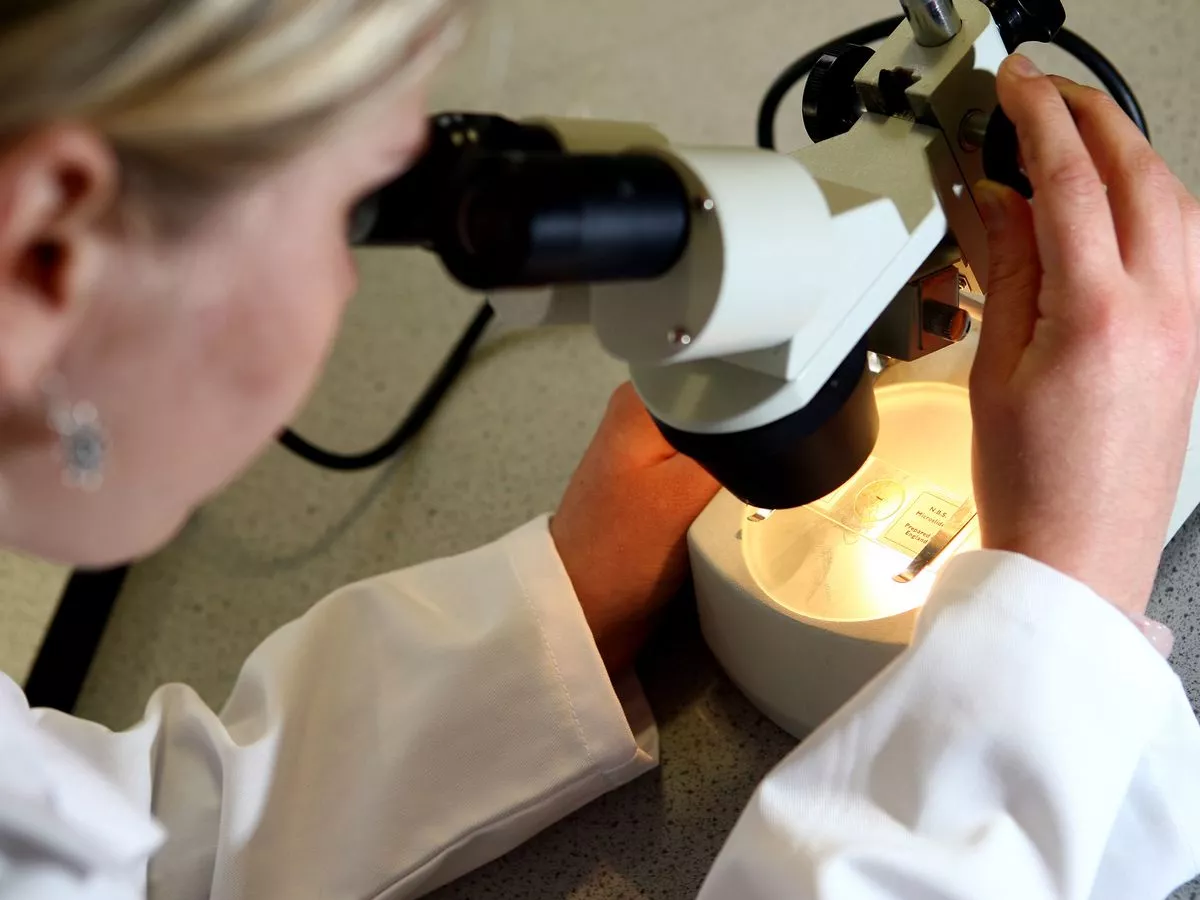By Anshika Mishra
Copyright medicaldialogues

Here are the top medical news for the day:Simple Change to Your Breakfast Timing Could Add Years to Your Life, New Study RevealsA recent international study published in Communications Medicine highlights that when you eat, especially breakfast, can be just as important as what you eat for healthy aging and longevity. Researchers from Massachusetts General Hospital and Harvard Medical School analyzed data from nearly 3,000 adults aged 42 to 94 over 22 years to understand the relationship between meal timing, health, genetics, and mortality.Breakfast timing is essential because it helps reset the body’s internal clock, or circadian rhythm, supporting overall metabolism, energy levels, and hormone balance. Eating breakfast earlier can stabilize blood sugar, boost mental clarity, and reduce risks of mood disorders and chronic diseases. Consistent timing, especially in older adults, promotes better health and longevity by aligning biological processes with natural daily cycles.The study used data from the University of Manchester Longitudinal Study of Cognition in Normal Healthy Old Age (UMLCHA). Participants reported their meal times, sleep habits, health status, and lifestyle at five points between 1983 and 2010. Blood samples were collected from some participants between 1999 and 2004. The researchers applied statistical models, including linear mixed-effects and Cox regression, to explore connections between meal timing shifts, genetics, illness, and survival.Findings revealed that as people age, they tend to eat breakfast and dinner later, reducing their daily eating window. This shift is linked to mental and physical health problems such as depression, fatigue, anxiety, and oral health issues. These conditions often cause delayed breakfast, which may also signal worsening overall health.Crucially, every hour delay in breakfast increased the risk of death. Older adults who maintained earlier breakfasts had a 10-year survival rate of 89.5%, compared to 86.7% for later eaters—a statistically significant difference.Lead author Dr. Hassan Dashti says these findings add new meaning to the old saying, “Breakfast is the most important meal of the day, especially for older individuals. Maintaining consistent meal schedules supports the body’s circadian rhythms and could promote healthier aging and longer life.”Reference: Dashti, H.S., Liu, C., Deng, H. et al. Meal timing trajectories in older adults and their associations with morbidity, genetic profiles, and mortality. Commun Med 5, 385 (2025). https://doi.org/10.1038/s43856-025-01035-xOne Exercise Session Could Slow Breast Cancer Growth Significantly: StudyA recent study published in Breast Cancer Research and Treatment highlights the powerful impact of exercise on breast cancer survivors. According to the National Cancer Institute, there were an estimated 18.6 million cancer survivors in the United States as of May 2025. Globally, cancer remains a leading cause of death, with millions affected each year, underscoring the importance of effective prevention and care strategies.Exercise plays a crucial role in promoting healthy living and combating cancer. It helps regulate metabolism, reduce inflammation, and boost the immune system—key factors that contribute to slowing cancer progression and improving overall well-being.Researchers in Australia focused on women who survived breast cancer, comparing the effects of a single session of resistance training (weightlifting) and high-intensity interval training (HIIT). Both workouts lasted about 45 minutes. The study found that immediately after exercising, participants showed up to a 47% increase in myokines—proteins released by muscles during exercise that reduce inflammation and regulate metabolism. These myokines can help slow cancer cell growth by 20 to 30%.The study involved 32 breast cancer survivors who had completed treatment for stages one to three at least four months prior. Resistance training included exercises like chest press, leg curls, and lunges, while HIIT involved intense bursts on machines such as treadmills and stationary bikes.Lead researcher Francesco Bettariga explained that both exercise types produced similar anti-cancer effects, suggesting workout intensity rather than exercise type is the main driver of benefits. These findings provide valuable insight into exercise as a vital component of cancer care.Reference: Bettariga, F., Taaffe, D.R., Crespo-Garcia, C. et al. A single bout of resistance or high-intensity interval training increases anti-cancer myokines and suppresses cancer cell growth in vitro in survivors of breast cancer. Breast Cancer Res Treat 213, 171–180 (2025). https://doi.org/10.1007/s10549-025-07772-wSmoking Raises Risk for All Type-2 Diabetes Subtypes, Especially Severe Ones: StudyA recent large Scandinavian study, presented at the European Association for the Study of Diabetes (EASD) in 2025, and published in the journal Diabetologia, revealed that smoking—whether current …



